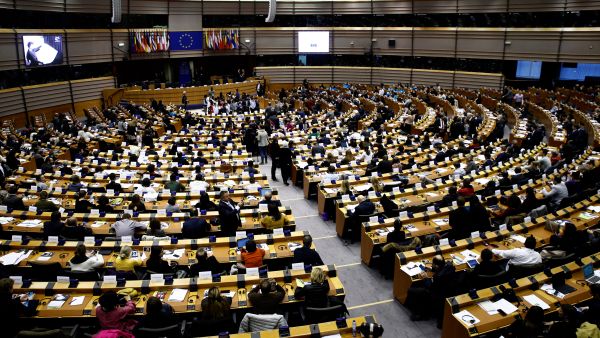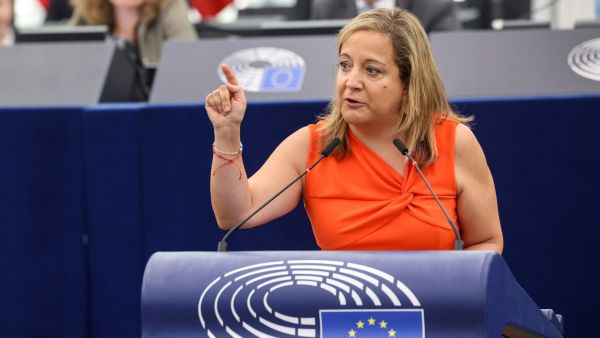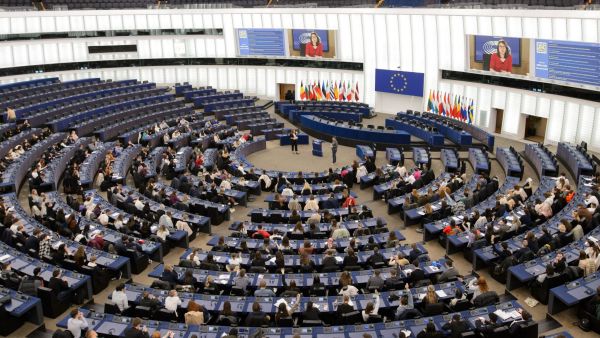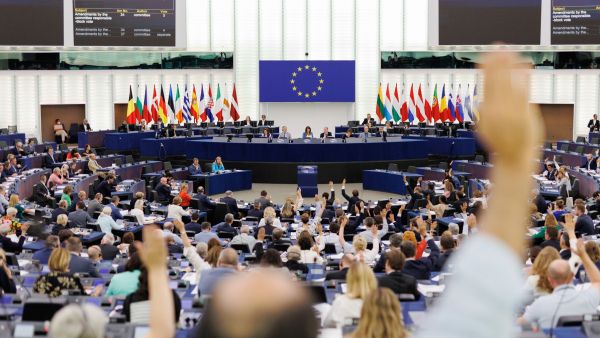The European Parliament’s civil liberties, justice and home affairs committee today backed two reports on key aspects of the EU’s future migration policy. One on the revising legislation on the conditions under which people can claim international protection in Europe and the second on granting of visas for third country nationals for high skilled employment.
S&D Group vice-president and author of the report on conditions for international protection, Tanja Fajon, said:
“This is an important step for a more effective and humane asylum system in Europe. This revision will ensure that we have harmonised rules on the conditions for receiving international protection across the EU. In this report we have managed to secure high standards of protection. This includes more uniformity in the length of time successful seekers will be able to stay in their host country, giving those in need the chance to integrate and play a positive role in their new societies.
“The revision will decrease the administrative burden for member states when dealing with applications for international protection, and will also remove one of the reasons that asylum seekers move to another member state after their application has been approved.”
S&D MEP Claude Moraes, chair of the Parliament’s civil liberties, justice and home affairs committee, and author of the report on the revision of the Blue Card Directive said:
“At a time when migration remains high on the political agenda, it is important that we support measures to improve legal migration to Europe. Revising the Blue Card Directive will make Europe a more attractive destination for highly skilled migrants. The proposals adopted today strengthen harmonisation, broaden the scope to include high-skilled applicants for international protection who have access to the labour market as well as increase the role for social partners. By increasing the viability and attractiveness of the Blue Card, as well as simplifying the procedures, will ensure that it works for employers, third-country nationals as well as the national administrations implementing the new law.”
Related content
Find out more









